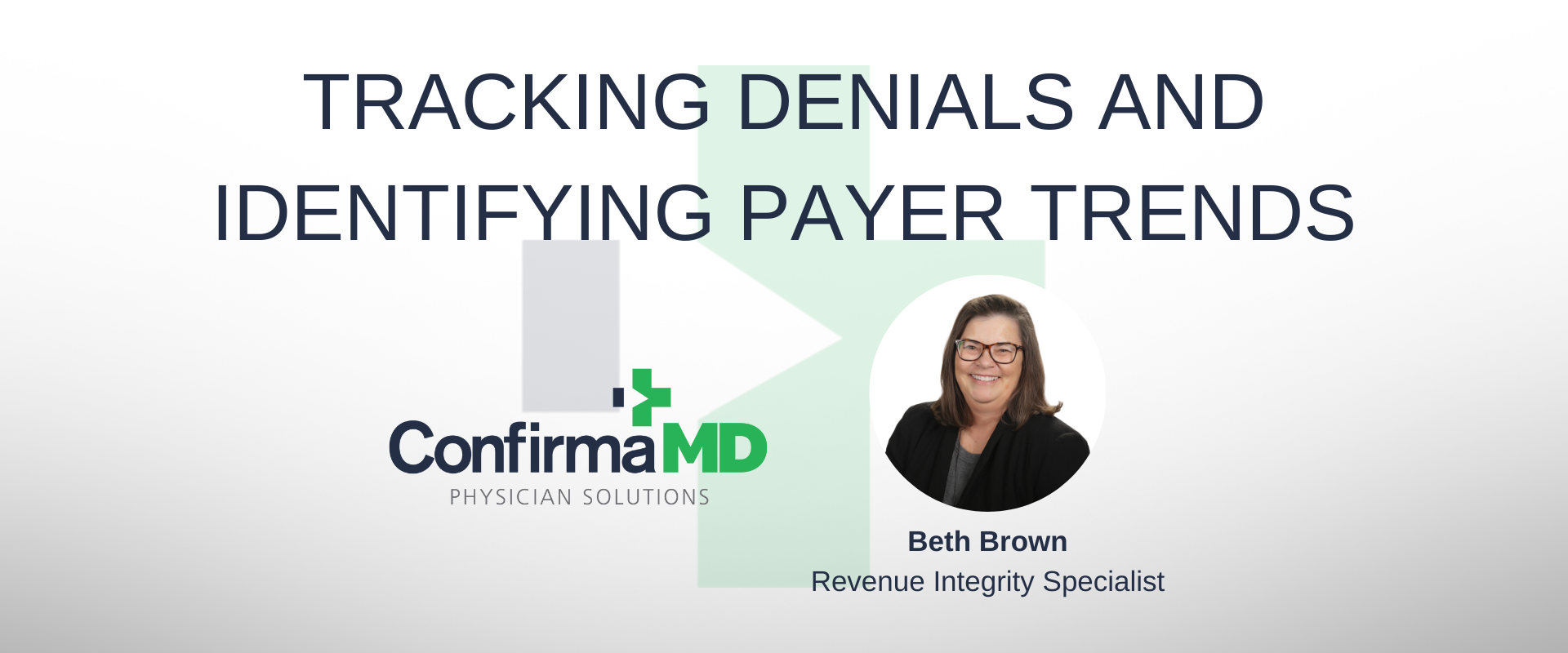

The world of medical insurance is complex, and having a claim denied is a frustrating setback, potentially leading to financial burdens and increased stress. However, it’s not the end of the road. Let’s look at some common reasons behind denials for medical insurance claims and how to handle them effectively.
- Inaccurate or Incomplete Information
One of the main reasons for claim denials is inaccurate or incomplete information on the claim form, including errors in patient details, policy numbers, diagnosis codes, or procedure codes. Insurance companies rely heavily on this information to process claims correctly. Even a minor mistake can result in denial. Therefore, it is crucial to double-check all the information and verify eligibility and benefits before submitting your claim. - Lack of Preauthorization
Certain medical procedures and treatments require preauthorization from the insurance company. Failure to obtain the necessary preauthorization can result in claim denials. Familiarizing yourself with the insurance policy’s requirements and procedures is essential to ensure you follow the steps to obtain the required authorization. - Non-Covered Services or Experimental Treatments
Insurance policies have specific guidelines regarding the coverage of medical services, procedures, and treatments. The insurance payer may deem some services or treatments non-covered or experimental, resulting in claim denials. - Timely Filing Limits
Insurance companies typically impose specific deadlines for filing claims. If you fail to submit your claim within the stipulated timeframe, your claim may be denied. Familiarize yourself with your insurance company’s filing deadlines and make sure your claim is submitted on time. Most timely filing limits fall between a 45-90 day window. - Denial Resolution
1. Review the Explanation of Benefits (EOB)
2. Understand the Denial Reason: Identify the specific reason for the denial.
3. Make the Phone Call: Don’t just rely on the EOB.
4. File an Appeal: Follow the insurance company’s appeals process to challenge the denial. Provide a clear and concise
explanation of why the claim should be reconsidered, attaching any supporting documentation. Be persistent and
keep copies of all correspondence.
While medical insurance claim denials can be frustrating and stressful, it is crucial to establish a consistent claims follow-up process. Knowing your third-party payer contracts and reimbursement policies will keep you ahead of the curve!
Revenue Integrity Specialist, Beth Brown, can also assist you and your practice with denials. After starting in the medical field in 1983, Beth became a certified coder in 1990. She then found that she preferred working claims and researching denials. She is responsible for ensuring accurate reimbursement and conducts audits, identifies billing errors, and collaborates with different departments to improve revenue cycle processes. By staying updated on regulations and coding guidelines, Beth promotes financial compliance and contributes to financial stability.
Revenue Integrity Specialist, Beth Brown
Learn something valuable to your practice?
Stay notified of when we publish new blogs:

